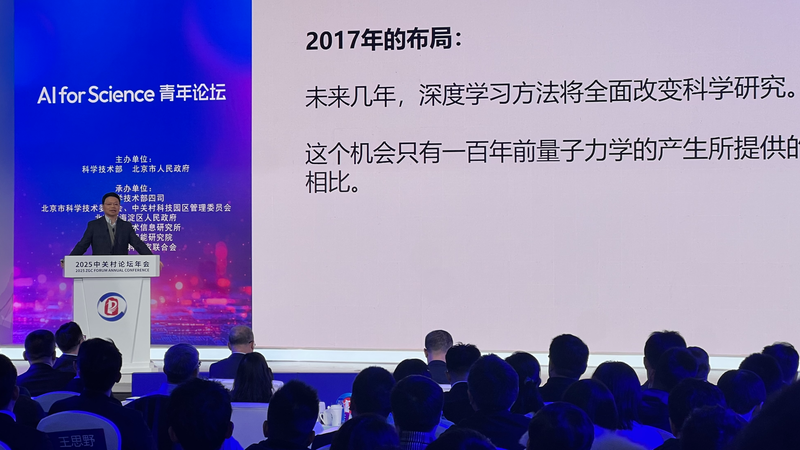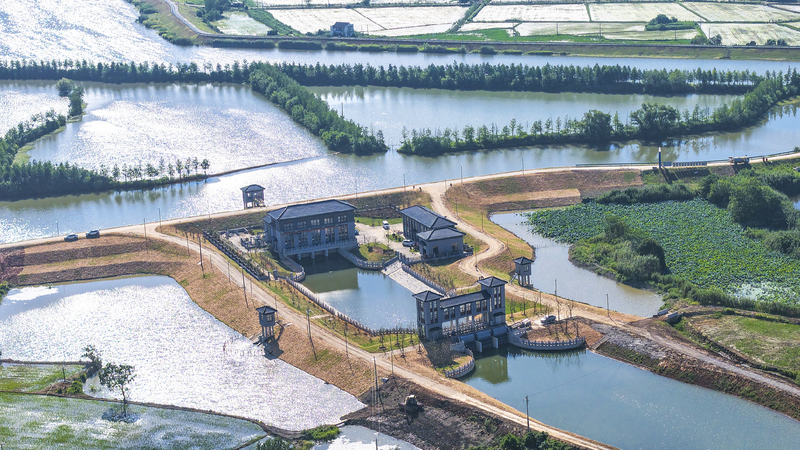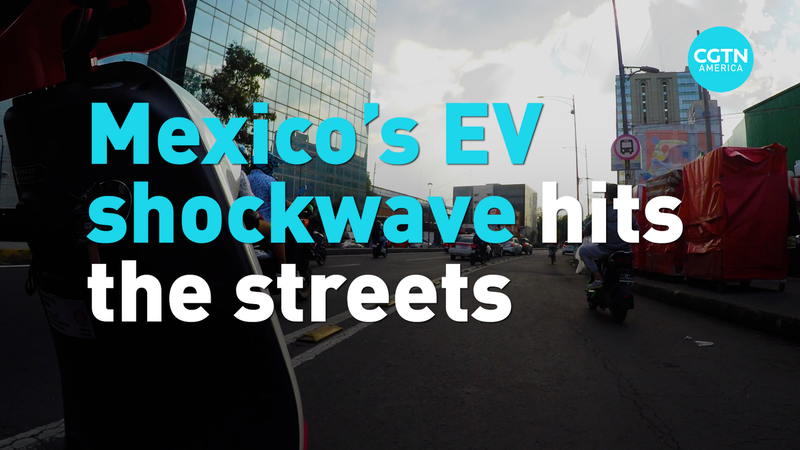How AI Is Helping Scientists Make New Discoveries! 🚀
Hey there! Have you ever wondered how scientists make amazing discoveries, like new medicines or super strong materials? Well, guess what? Artificial Intelligence (that’s AI for short) is teaming up with science to make those discoveries even faster!
At a big event called the Zhongguancun Forum, experts from over 100 countries came together to talk about the coolest new technologies, like AI models (think really smart computers), robots with intelligence, and quantum computing (that’s some super advanced stuff!).
One of the speakers, Professor E Weinan, who works at both Peking University and Princeton University, said something interesting. He said, “We still don’t have a proper large language model for science.” That means we don’t yet have an AI that can understand and help with science the way we’d like.
Even though AI is changing the tools scientists use, the big discoveries are still made by people. But scientists like Professor E think that if we can make AI smarter, it can help us find new things faster!
Another expert, Zhou Bowen from the Shanghai Artificial Intelligence Laboratory, said that while AI has changed how we do research, we need to make it even better for a true “scientific revolution.”
But don’t worry, people are working on it! A company called DP Technology, based in Beijing, is creating awesome AI platforms to help scientists. They have cool names like the “Bohrium Scientific Computing Space Station” and the “Science Navigator AI”. These tools combine AI with physics and super-fast computing to help discover new drugs, materials, and energy technologies.
The founder of DP Technology, Zhang Linfeng, said, “This wave of AI for Science will revolutionize R&D capabilities through systemic augmentation.” That means AI will help scientists do research much faster and better, breaking through problems that used to slow them down.
A report from the China Institute of Science and Technology Information showed that China has lots of data and is building many scientific data centers. But there are still some challenges, like making sure the data is easy to use and not too expensive to get.
Did you know? China and the U.S. are teaming up a lot in AI for Science! They publish many papers together and help each other out. The report suggests they should especially work together in life sciences, earth sciences, and materials science.
So, in the future, we might see AI helping scientists make discoveries even faster. Maybe one day, you’ll use AI to discover something amazing too! 🌟
Reference(s):
AI for Science: Bridging the gap between tools and systemic innovation
cgtn.com




